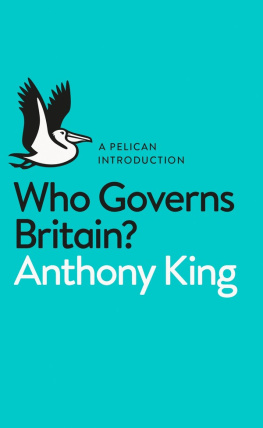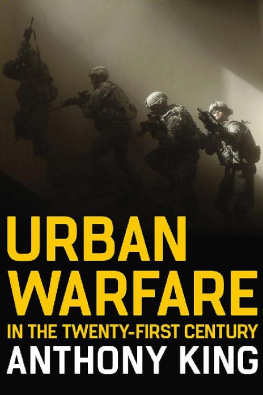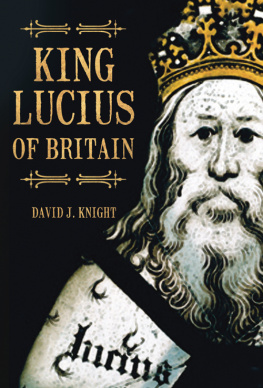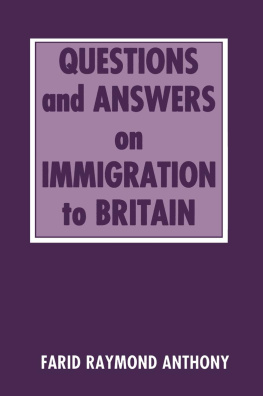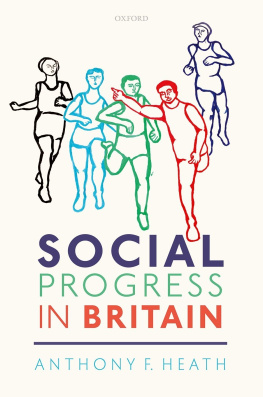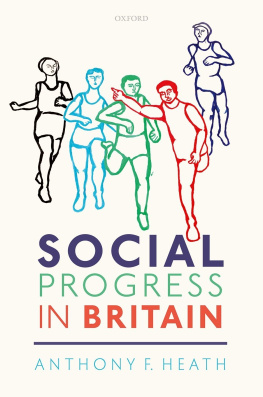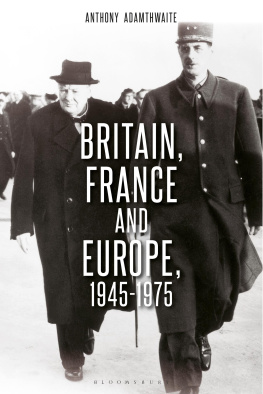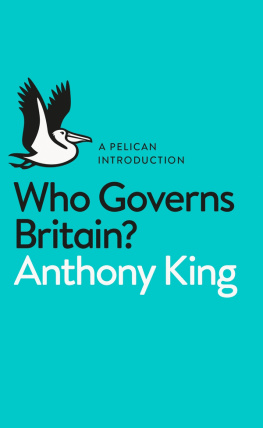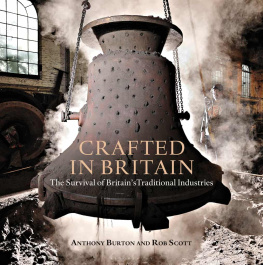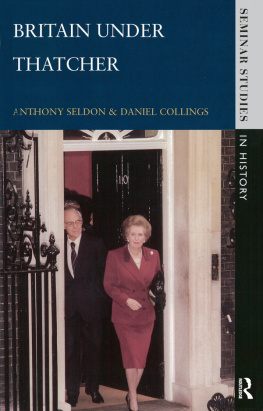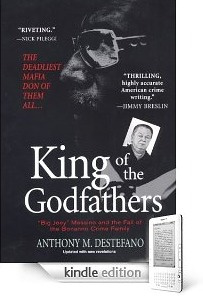Anthony King - Who Governs Britain?
Here you can read online Anthony King - Who Governs Britain? full text of the book (entire story) in english for free. Download pdf and epub, get meaning, cover and reviews about this ebook. year: 2015, publisher: Penguin UK, genre: Politics. Description of the work, (preface) as well as reviews are available. Best literature library LitArk.com created for fans of good reading and offers a wide selection of genres:
Romance novel
Science fiction
Adventure
Detective
Science
History
Home and family
Prose
Art
Politics
Computer
Non-fiction
Religion
Business
Children
Humor
Choose a favorite category and find really read worthwhile books. Enjoy immersion in the world of imagination, feel the emotions of the characters or learn something new for yourself, make an fascinating discovery.
- Book:Who Governs Britain?
- Author:
- Publisher:Penguin UK
- Genre:
- Year:2015
- Rating:4 / 5
- Favourites:Add to favourites
- Your mark:
- 80
- 1
- 2
- 3
- 4
- 5
Who Governs Britain?: summary, description and annotation
We offer to read an annotation, description, summary or preface (depends on what the author of the book "Who Governs Britain?" wrote himself). If you haven't found the necessary information about the book — write in the comments, we will try to find it.
Who Governs Britain? — read online for free the complete book (whole text) full work
Below is the text of the book, divided by pages. System saving the place of the last page read, allows you to conveniently read the book "Who Governs Britain?" online for free, without having to search again every time where you left off. Put a bookmark, and you can go to the page where you finished reading at any time.
Font size:
Interval:
Bookmark:

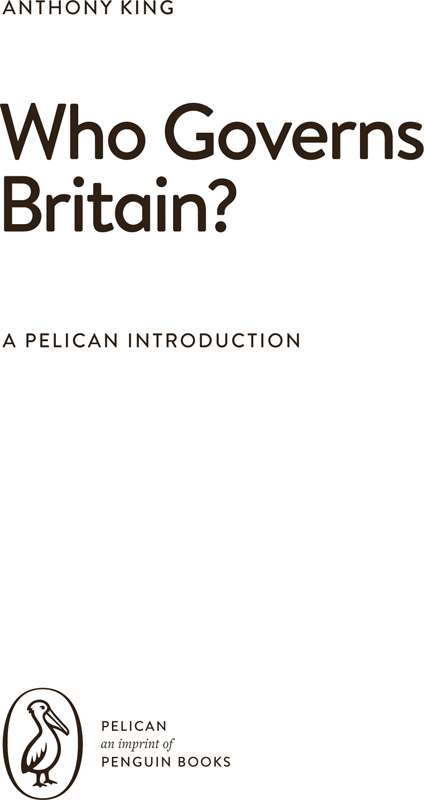
This short book seeks to answer the single question asked in the title. It is not a textbook, one of those hefty tomes in which all possible questions are asked and answered, mainly in the interests of people who have to pass exams. Instead, it merely seeks to point out that the governing arrangements of the United Kingdom are not quite what they seem and, along the way, to raise some questions some explicit, some implicit about whether Britains political system, as it stands, is all that it should be. The book is not yet another reformist rant, yet the reader may detect in the author a certain unease about the way we are governed now an unease not confined to the governments of this, that or any other political party (or parties). Our grand old ship of state seems to have sprung some leaks.
What follows is about the central government of the United Kingdom: the government based in London, at Westminster and in and around Whitehall. It is not about local government, and, more important, it is not about the governments of Scotland, Wales and Northern Ireland. The author is acutely conscious that those other governments especially the ones in Edinburgh, Cardiff and Belfast exist and are hugely important. Their existence has changed fundamentally the UKs whole governing geometry, a fact that is frequently alluded to in the pages that follow. But the WestminsterWhitehall system is still sufficiently important and certainly still sufficiently intriguing to make it worth a short book of its own. The other governments are for another day.
The order in which the chapters are set out will probably strike some readers as idiosyncratic. They will be right. It is. The deliberate aim of the exercise for example, giving foreigners pride of place in an early chapter and leaving prime ministers until towards the very end is to disturb the order in which topics like these are customarily approached, an order that in a curious way encourages readers to think along conventional lines when new times perhaps require a less conventional approach. No chapter, or even any large part of a chapter, is devoted to the House of Lords, a body over which much ink has been spilt. The reason is simply that, as it currently stands, the House of Lords is able to vex ministers and take up their time; but for better or worse it is nowadays an essentially peripheral body, not a core part of this countrys governing arrangements. Time spent discussing the Lords is time not spent discussing other, more important matters.
What follows is the view that one person the present author has of Britains political landscape as it appears from, so to speak, the window of a passenger aircraft cruising at 35,000 feet. Snow-capped mountains are clearly visible, as are lakes, plains and wide river valleys; but enormous amounts of detail, visible and highly significant down below on the ground, are lost. Cars and lorries moving along dual-carriageway roads are only dimly visible, and it is quite hard to make out individual houses, even big ones. This is no more than a book about the landscapes most prominent features and, in particular, about those that are relatively permanent and seem least likely to change in the short term. That said, Britains political landscape is changing very rapidly and this particular book, through no fault of the authors, may fail to detect the most recent seismic shifts. We live in interesting times.
Although the authors mistakes and misinterpretations are entirely his own, he was prevented from making even more of them by seven generous and patient friends who read the entire manuscript at short notice and at great speed: Ivor Crewe, Alun Evans, Peter Kellner, Penelope Phillips, Anthony Stamp and Stephen and Melinda Varcoe. They contributed much, almost certainly more than they realize. The same is true of Andrew Gordon of David Higham, Laura Stickney of Penguin Books (the two of whom first conceived of the whole enterprise) and Kit Shepherd, who copy-edited the manuscript also at short notice and at speed and who made still more corrections and substantially improved the overall quality of the manuscript. Valuable research assistance was provided by Katerina Balta and Rob Kemp. All of them deserve, and herewith receive, the authors enormous gratitude.
Anthony King
Wakes Colne, Essex
January 2015
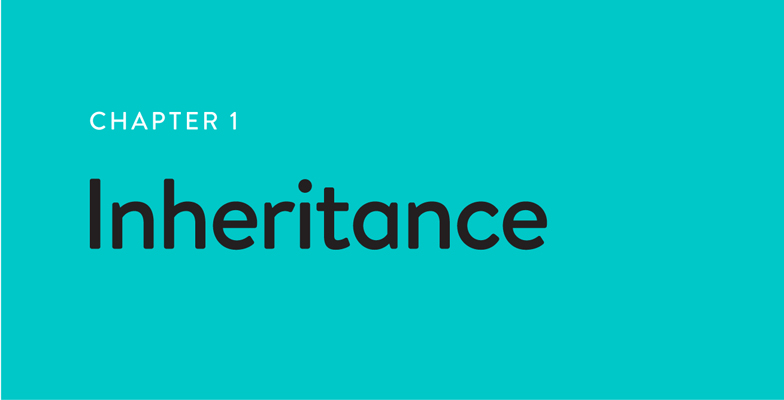
This
What did that system consist of? An answer to that question is provided in the rest of this chapter. The answer provided here may lack subtlety and nuance, but it should capture the systems main features.
Perched atop the apex of power in that system, visible for miles, was HMG, His Majestys Government (from 1953, for several generations, Her Majestys Government). The role of the monarch him- or herself was overwhelmingly symbolic and ceremonial, scarcely at all political or governmental; for all practical purposes, the United Kingdom, despite its name, had long ago become a republic. The government of the day was most of what really mattered. It was led by the prime minister and his cabinet, the latter comprising some twenty ministers, most of them heads of government departments. Serving under members of the cabinet were some sixty junior ministers, whose titles varied. A scattering of ministers at all levels of government were peers, members of the House of Lords; but by convention most were MPs, members of the House of Commons. Apart from being peers and MPs, at that time they came from a wide variety of backgrounds. Clement Attlees postwar Labour administration included a heavyweight trade-union leader, other trade-union officials, a prominent (and seriously rich) barrister, an economics lecturer, a school teacher, an eminent surgeon and a former leader of the London County Council. Winston Churchills postwar Conservative administration, the successor to Attlees, included a well-known publisher, the manager of a large department store, a research physicist, a retired army general, the managing director of a metals firm and a number of senior barristers, one of whom had prosecuted Nazi war criminals at the Nuremberg trials.
The government of the day stood at the apex of the system in almost every respect. It was in total control of foreign policy, defence, the public finances (both taxation and public expenditure) and Britains many colonies (so long as Britain had them). The government initiated all important legislation, and it controlled completely the machinery of government the state bureaucracy both in Whitehall and across the rest of the country. It also had effective control, although at arms length, over the many post-1945 nationalized industries, with names such as British Railways and the National Coal Board. Moreover, the UK was then effectively a unitary state, with the UK government, dominated by the English, legislating for Scotland and Wales as well as England. The scope of the UK governments activities was wide, its effective jurisdiction within the UK immense.
The only exceptions to this general rule were Northern Ireland, whose government for historic reasons enjoyed a substantial degree of autonomy within that province, and the institutions of local government on the British mainland. Local government in Britain existed on the sufferance of national government the government in London could in principle do whatever it liked with local authorities, including abolishing them altogether but, in practice, local authorities had long-established, quite substantial powers and responsibilities. The creation of the National Health Service in 1948 deprived them of many of their health-related functions, but education and housing, in particular, remained largely in their hands that is, in the hands of elected local councillors and their officials. In the field of education, there was no national curriculum. In the field of housing, local authorities after the Second World War built hundreds of thousands of houses and flats and then rented them out to tenants while continuing to own and manage them. The municipal councils of London and Glasgow were among the largest landlords in the Western world.
Font size:
Interval:
Bookmark:
Similar books «Who Governs Britain?»
Look at similar books to Who Governs Britain?. We have selected literature similar in name and meaning in the hope of providing readers with more options to find new, interesting, not yet read works.
Discussion, reviews of the book Who Governs Britain? and just readers' own opinions. Leave your comments, write what you think about the work, its meaning or the main characters. Specify what exactly you liked and what you didn't like, and why you think so.

